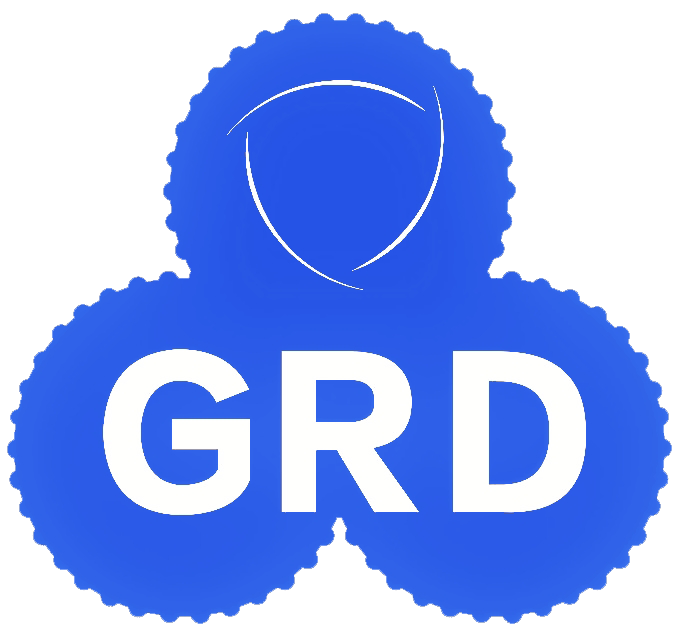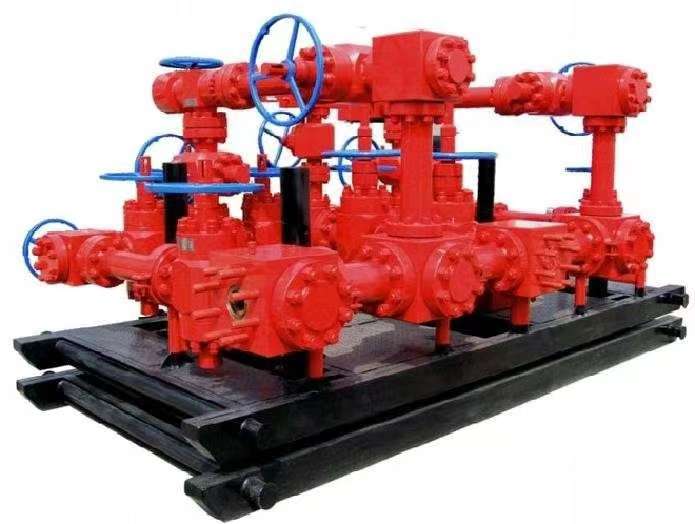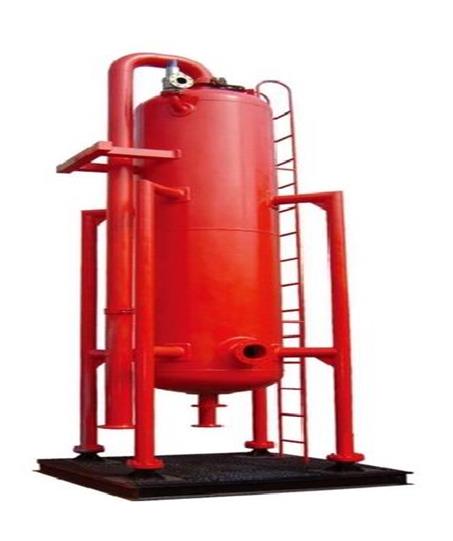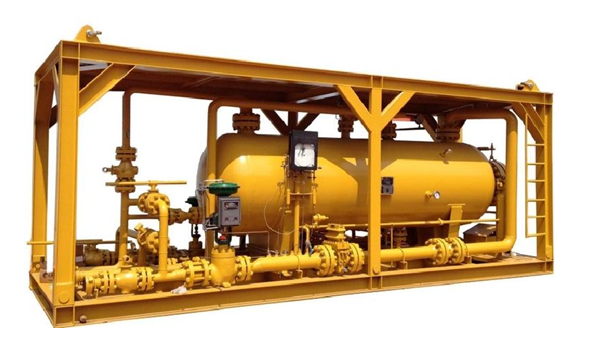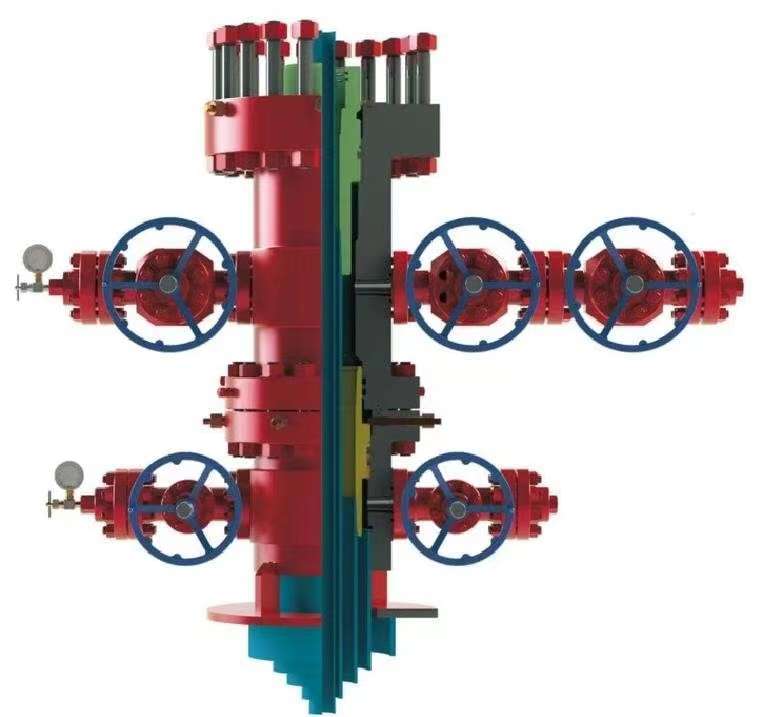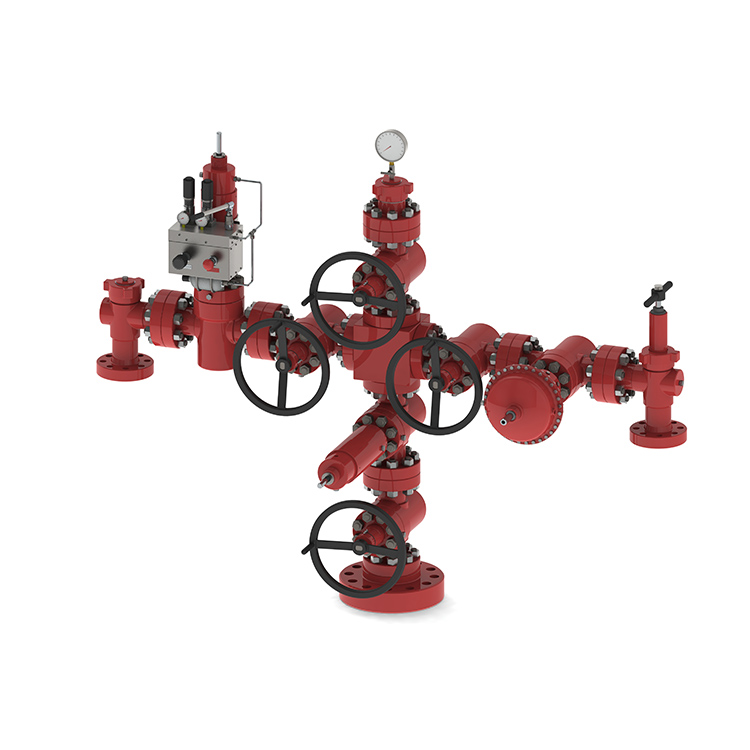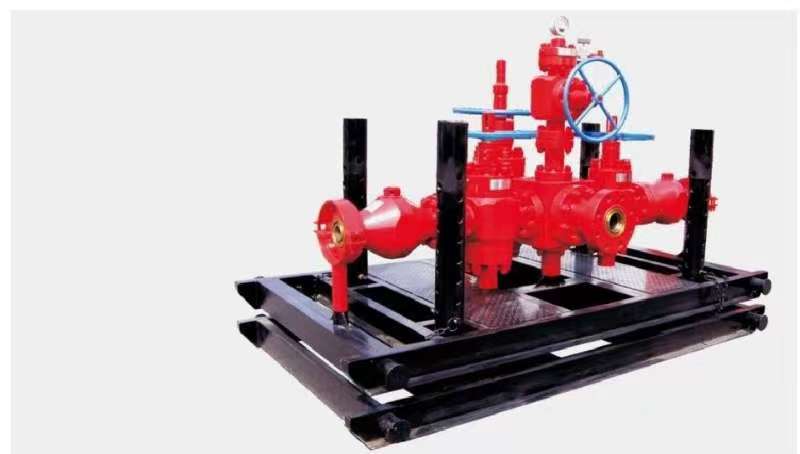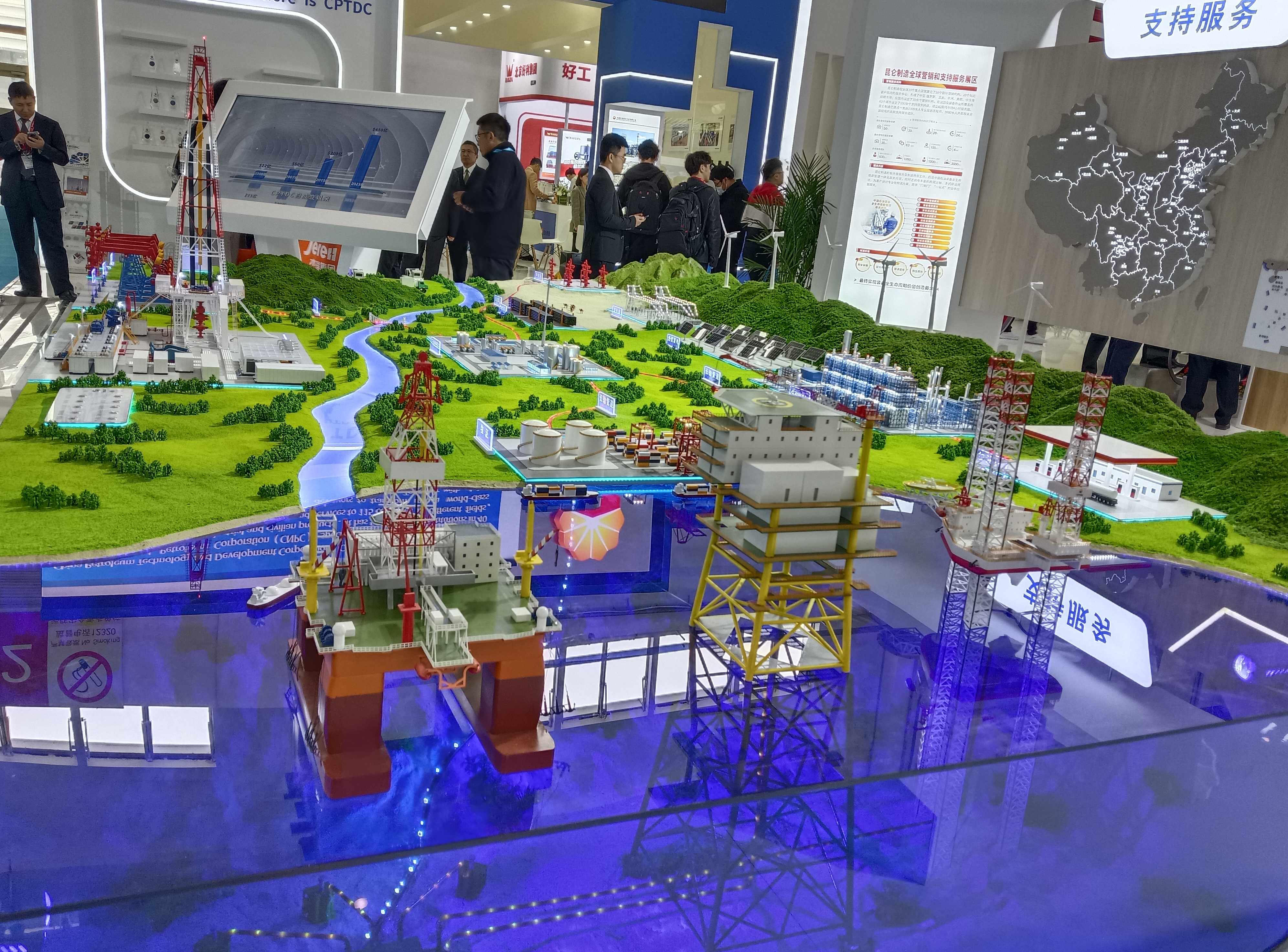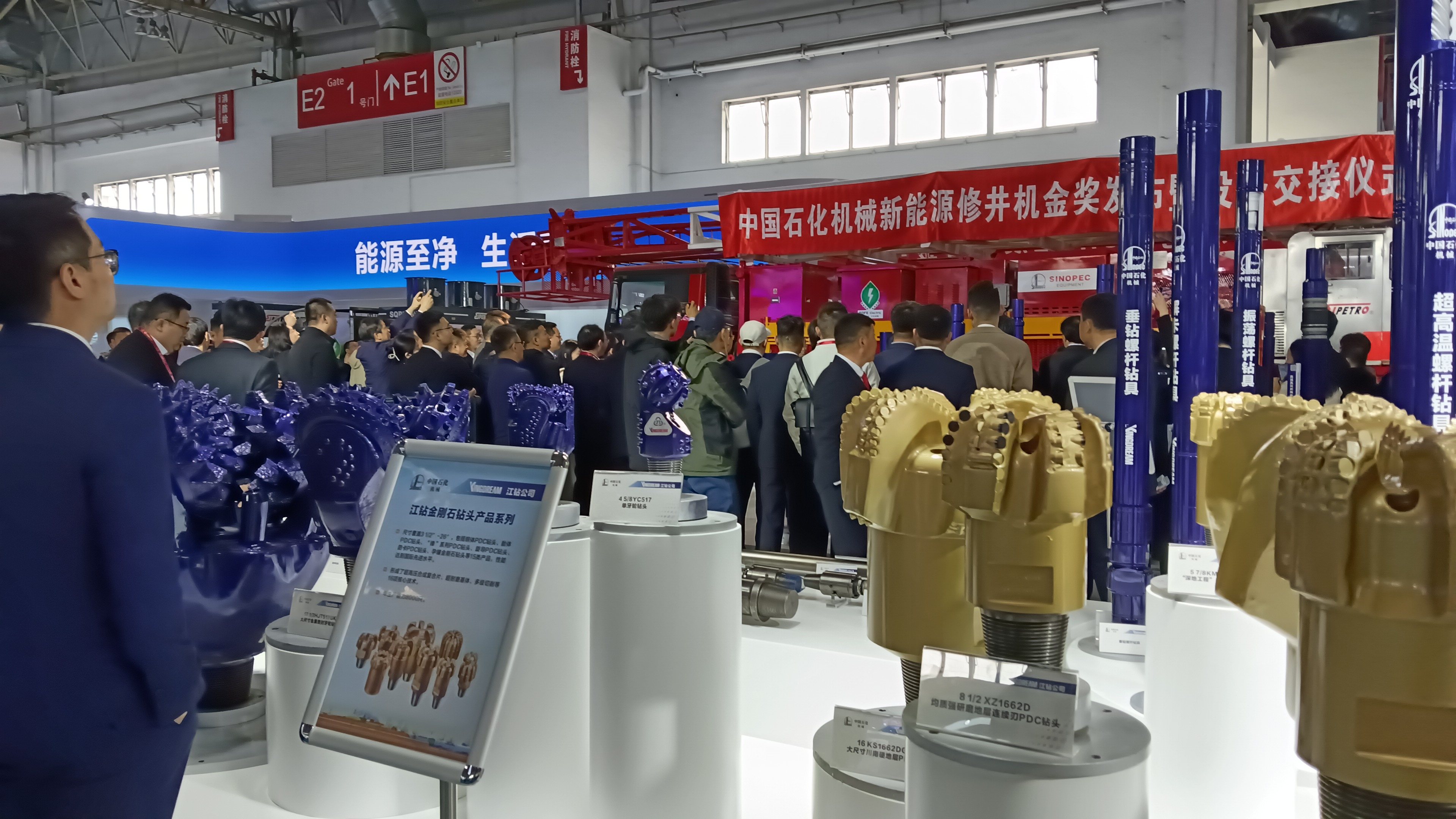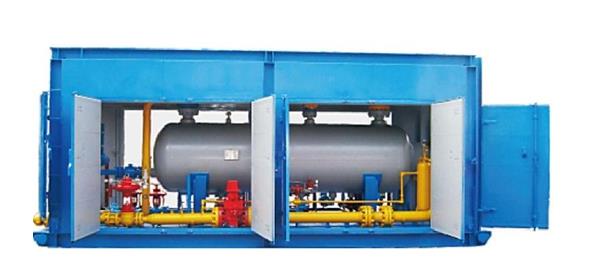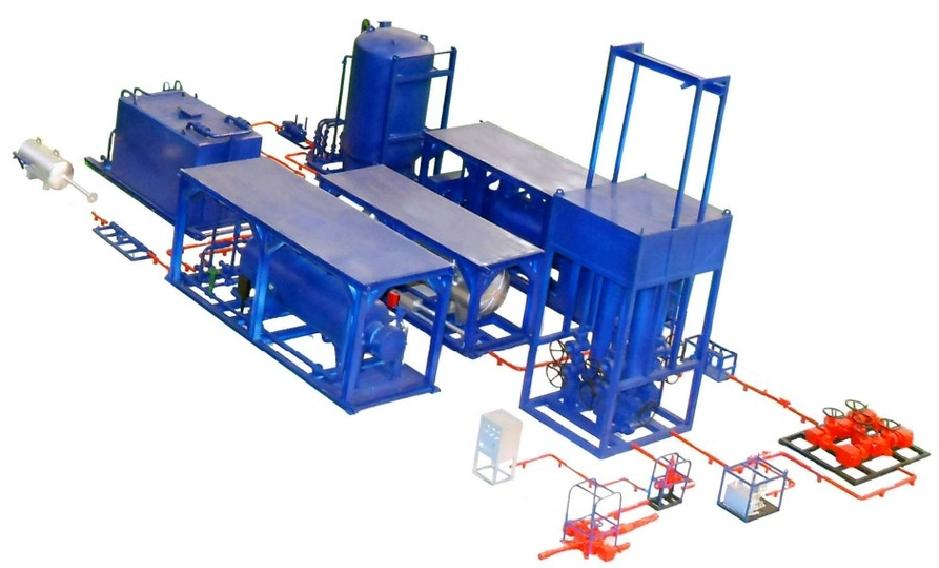Understanding Well Control Basics
For the oil and gas industry, well control is a critical aspect of ensuring the safety and efficiency of drilling operations. But how do good controls work and why are they so important? In this blog, we’ll delve into the basics of well control and discuss its importance in the oil and gas world.
Well control is the process of maintaining wellbore integrity and preventing the uncontrolled release of formation fluids (such as oil, natural gas, or water) during drilling operations. This is achieved through a combination of engineering controls, monitoring systems and the expertise of drilling crews.
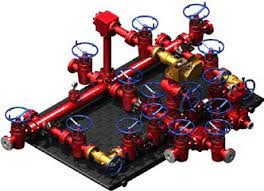
One of the key components of well control is the blowout preventer (BOP) system. This critical piece of equipment is designed to seal the wellbore and prevent the uncontrolled release of fluids during a kick or blowout. A BOP system typically consists of a stack of valves and gates that can be activated to shut off the flow of fluids within a well.
In addition to the blowout preventer system, well control involves the use of drilling fluids, also known as mud, to maintain pressure and stability within the wellbore. By circulating drilling fluid along the drill pipe and back into the annulus, drilling operators can control the pressure exerted by the formation and prevent formation fluids from flowing into the wellbore.
In addition, well control relies on the expertise of drillers, including drillers, mud engineers and well control specialists, who are trained to monitor and respond to changes in wellbore pressure and fluid properties. These professionals are responsible for conducting regular well control drills, maintaining equipment and implementing contingency plans in the event of an emergency.
The importance of well control cannot be overstated, as the consequences of a blowout or well control failure can be catastrophic. Not only does it cause environmental damage and loss of valuable resources, it also poses significant risks to the safety of people and surrounding communities. Therefore, implementing strong well control measures is critical to safeguarding the integrity of drilling operations.
In summary, well control is a fundamental aspect of drilling operations in the oil and gas industry. By combining engineering controls, monitoring systems and driller expertise, well control is designed to prevent the uncontrolled release of formation fluids and maintain the integrity of the wellbore. Understanding the basics of well control and its importance is critical to ensuring the safety and efficiency of drilling operations.
